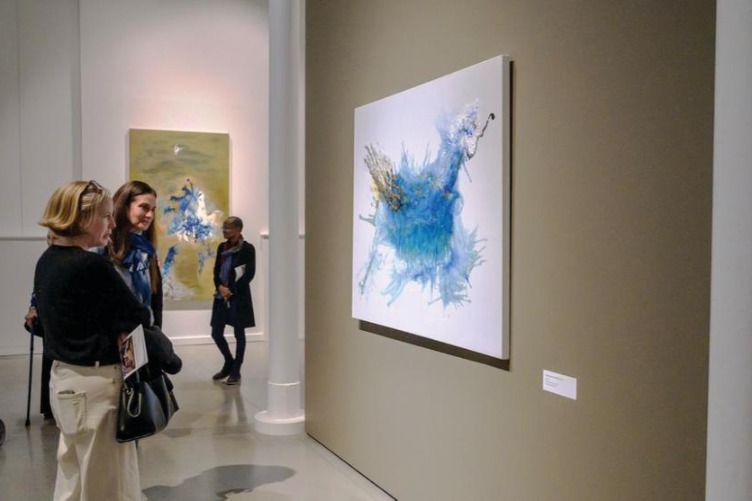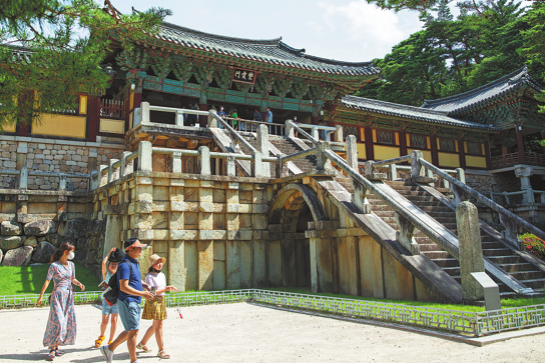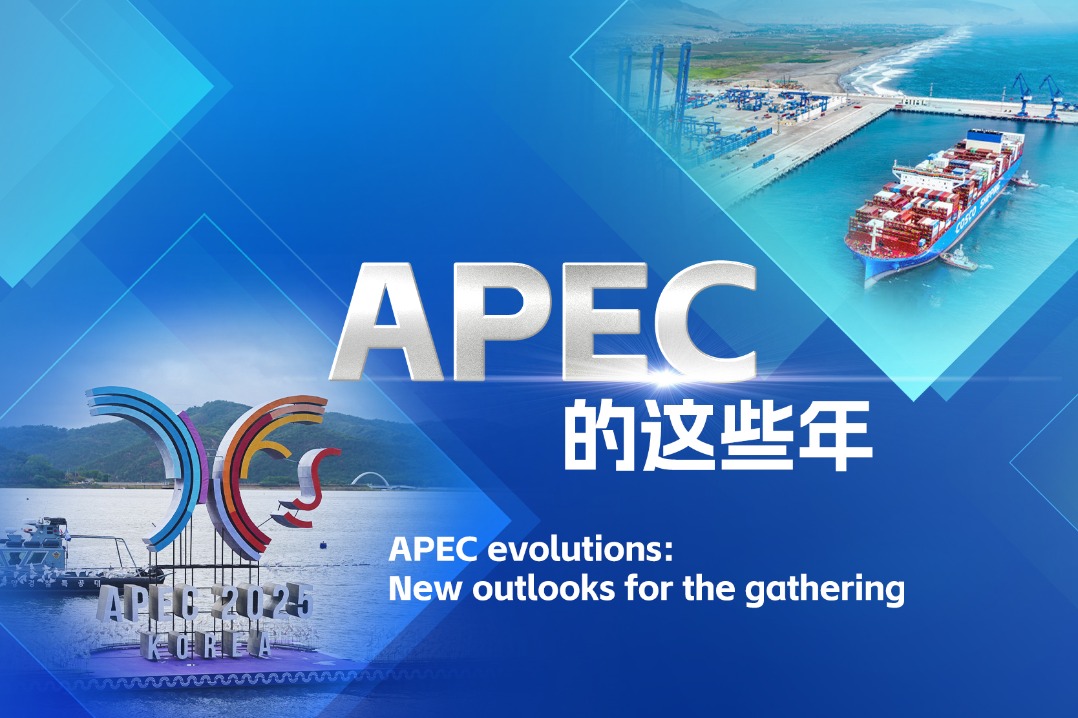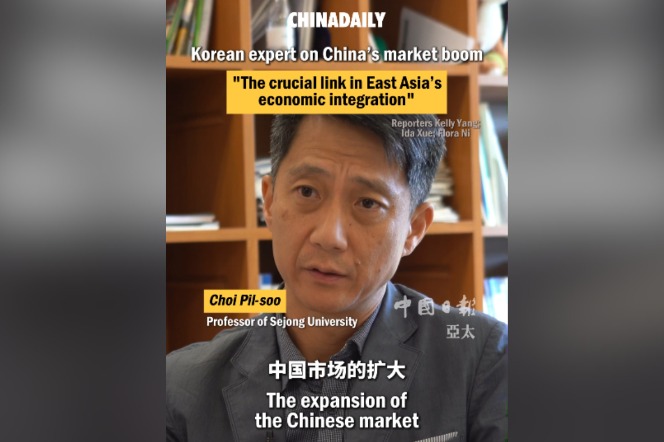Building a shared AI future with innovation, cooperation

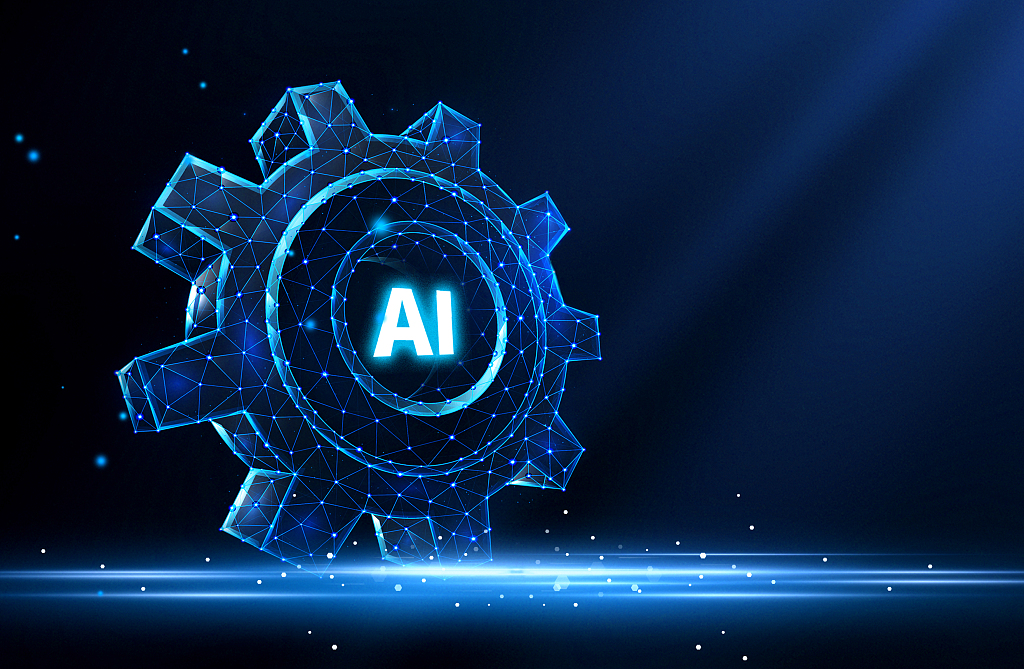
We are at a turning point. Artificial intelligence is no longer just a topic for tech conferences or research labs — it's becoming a powerful presence in our daily lives. From diagnosing illnesses to improving traffic flow, from making farming more efficient to helping us tackle climate change, AI is reshaping the world. But whether it reshapes for the better depends on the choices we make.
AI is more than just lines of code. It's a force that can either deepen divides or help close them. It can empower people or exclude them. The challenge isn't about moving fast, it's about moving wisely. That means building a global environment where innovation and cooperation go hand in hand — innovation and cooperation that serve everyone, not just the few.
This was precisely the spirit of the Internet Governance Forum 2025, which concluded on June 27 in Norway, where AI was one of the central themes. Governments, civil society, academia and the private sector gathered to discuss how to govern digital transformation to promote trust, equity and global inclusion. The forum highlighted the urgency and the opportunity we face: to ensure that AI becomes a tool for shared progress, not increased fragmentation.
Big breakthroughs don't come out of nowhere. They emerge from diversity and connection — of ideas, talents, cultures, technologies and communities. To harness this potential, we need an ecosystem that actively cultivates these diverse elements and enables them to interact seamlessly. Building such a thriving ecosystem requires substantial investment in education — not just to train AI users, but to raise thinkers who can shape, question and guide these technologies.
We also need to fund both cutting-edge research and the infrastructure that brings such ecosystem to life. Equally important is to support local innovation hubs, promote opensource tools, and build bridges between universities, startups and industry.
In this sense, public-private partnerships are not optional but essential. Governments can provide long-term direction and goals, while the private sector contributes agility, creativity and the drive to scale.
AI is global by nature. Data moves across continents in milliseconds. Trying to tackle this transformation with narrow national strategies would be like trying to control the ocean with sandbags.
Instead, we need to build bridges — between regions, regulatory systems and innovation ecosystems. Global problems require global answers: How do we make AI explainable? How do we prevent bias? How do we ensure safety, ethics and accountability?
Europe, for instance, is taking an important step with the AI Act, placing human-centered values at the heart of its vision. Other initiatives also play unique roles in advancing AI. These efforts, however, should not operate in silos. They must evolve from forums for discussion to frameworks for coordination, with real, practical outcomes.
Key player
China has rapidly positioned itself as one of the world's leading AI players, in both research and deployment. From smart cities, intelligent manufacturing to autonomous mobility, China is a testing ground for AI at scale. Its national AI program, launched in 2017, set clear ambitions to become a global leader by 2030 — and those ambitions have been backed by significant investment: over $30 billion annually in research and development, infrastructure, supercomputing and chip development. The creation of dedicated public funds such as a 60 billion yuan ($8.2 billion) national AI fund and the China Integrated Circuit Industry Investment Fund underscores this commitment.
Innovation clusters such as Beijing's Zhongguancun and the Robot Valley in Shenzhen, Guangdong province, are becoming global points of reference. China is also home to a dynamic startup ecosystem. While conservative estimates count around 2,000 AI startups, official data suggests over 4,500 recognized AI companies, and more than 1.8 million entities registered as AI-related by mid-2024.
At the same time, China is increasingly engaged in international AI dialogues. Yes, political systems differ, but that doesn't mean we can't work together. Joint research, academic exchanges, dialogue on regulation and collaboration on shared global challenges can build the mutual trust we urgently need. Europe brings regulatory leadership and ethical frameworks; China brings scale, speed and technical depth. Together, they can shape a more balanced and inclusive AI future.
Global mission
AI should not be innovation for its own sake. Our ecosystem has a responsibility and a tremendous opportunity to support strategic sectors where AI can deliver rapid, scalable and inclusive benefits. In healthcare, AI can speed up diagnosis, tailor treatments and relieve overburdened health systems. In agriculture, it can help reduce waste and improve food security. In energy, it's already playing a key role in grid management and the shift to renewables.
These are global missions and require global coordination — of research priorities, of standards, of datasets and of funding mechanisms. No country alone can fight a pandemic or stop global warming. But together, using AI wisely, we can.
If we truly want AI to benefit humanity, it must include all of humanity. We can't let only a handful of tech giants or a few countries end up shaping the future for everyone else.
That means making sure small and medium-sized enterprises have the tools they need to innovate. It means helping researchers and developers in the Global South gain access to datasets, cloud infrastructure and training. It means investing in multilingual models and open-source alternatives that reflect the world's diversity — not just its richest markets. Inclusion doesn't just make things fairer — it makes them better. It brings new perspectives, highlights different needs and leads to more robust solutions. AI shaped by many voices will be more resilient, more creative and more trusted.
We should also consider a global AI solidarity fund to support emerging-market innovators, researchers and institutions, enabling them to contribute meaningfully to the AI ecosystem. Equity must not be an afterthought, it must be the foundation.
For the first time in human history, machines are learning and what they learn from us will shape our future. The decisions we make now will ripple through generations. This is not just about economics or technology — it's about who we are and who we want to be.
This responsibility demands more than slogans or quick fixes. It calls for the construction of a durable, trusted and inclusive AI innovation and cooperation ecosystem. This is not a short-term project — it is a generational mission. But if we succeed, we won't just have created better machines — we'll have created a better world.
Let's seize the moment and shape a future where AI serves all of us — fairly, wisely, and together.
The author is president of ChinaEU, a Brussels-based international digital association.
















